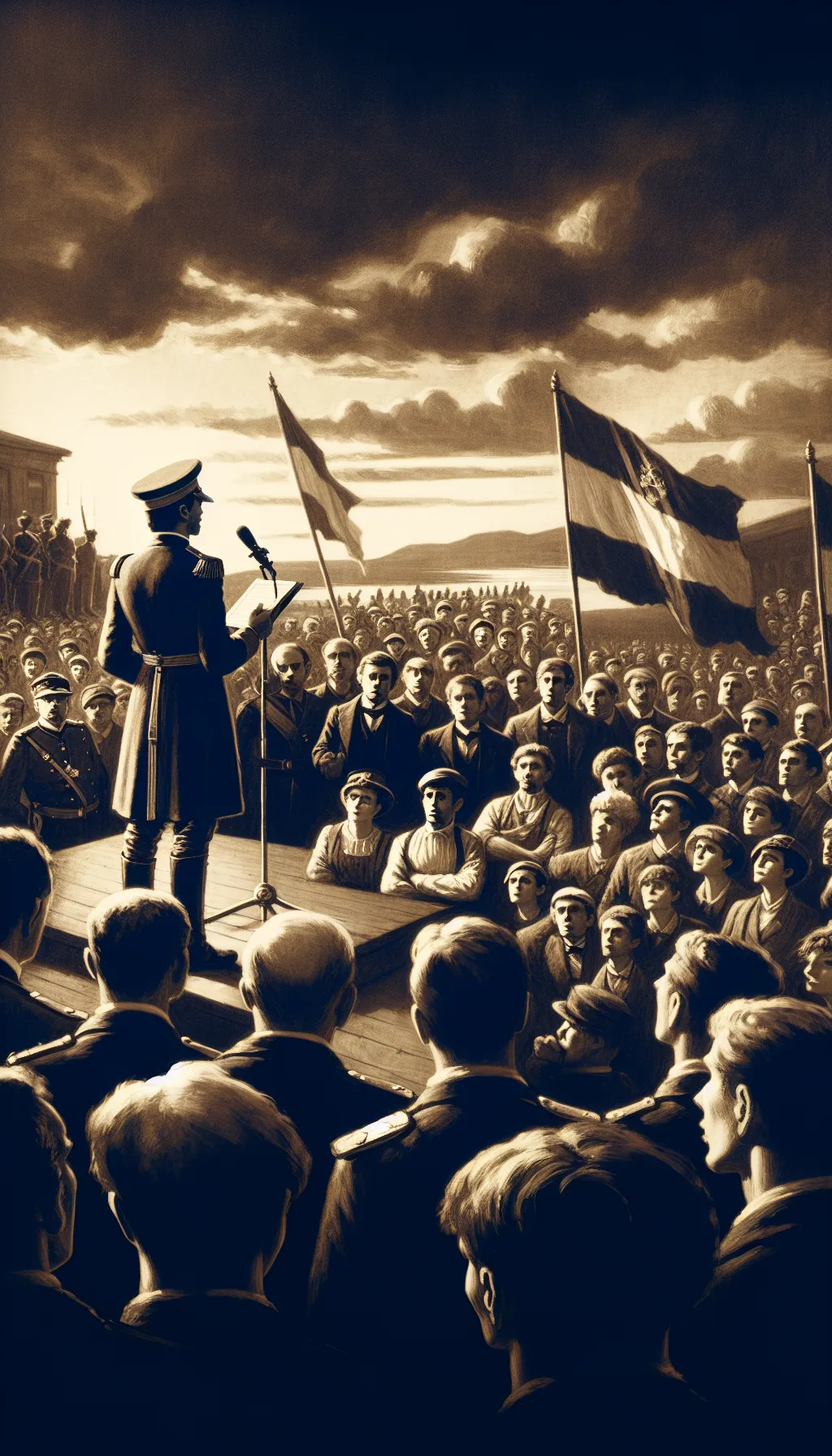Nigeria – The Birth of Biafra – May 30, 1967
TLDR;
- Event: On May 30, 1967, Lieutenant Colonel Odumegwu Ojukwu declared the independence of the Republic of Biafra, leading to a brutal civil war with Nigeria.
- Causes: The declaration was fueled by ethnic strife, political instability, and the marginalization of the Igbo people in Nigeria’s Eastern Region.
- Conflict: The Nigerian government responded with a blockade and military action, resulting in a three-year war marked by famine and over a million deaths.
- Outcome: Biafra surrendered on January 15, 1970, after Ojukwu fled, but the war’s legacy continues to influence Nigeria’s political and ethnic dynamics.
–
Story
The air was thick with tension on May 30, 1967, as Lieutenant Colonel Odumegwu Ojukwu, the military governor of the Eastern Region, stepped forward to make a proclamation that would change the course of history. With a resolute voice, he declared the independence of the Republic of Biafra, igniting a conflict that would engulf Nigeria in a brutal civil war.

The seeds of this declaration were sown in the fertile grounds of ethnic strife and political instability. Nigeria, a nation stitched together by colonial powers, was a tapestry of diverse ethnic groups, each with its own aspirations and grievances. The Eastern Region, predominantly inhabited by the Igbo people, felt marginalized and threatened by the central government, especially after a series of violent coups and ethnic violence in the North targeting the Igbo community.
The declaration of Biafra was a bold move, a desperate bid for self-determination and survival. But it was also a spark that set off a devastating conflict. The Nigerian government, unwilling to let the nation fragment, first imposed a blockade and declared a police action before full-scale war erupted in July 1967. What followed was a harrowing three-year war marked by famine, suffering, and the loss of over a million lives.
The world watched as Biafra became synonymous with humanitarian crisis, its plight broadcasted across global media. Despite the odds, Biafra held on, fueled by a fierce sense of identity and the hope of humanitarian sympathy, though only four countries—Tanzania, Gabon, Ivory Coast, and Zambia—officially recognized it. But in the end, the weight of military might and international politics proved too great.
The Biafran War ended on January 15, 1970, when Ojukwu fled and Biafra’s acting leader, Philip Effiong, surrendered. But its echoes still resonate in Nigeria’s political landscape today. The struggle for identity and autonomy continues to shape the nation’s journey, a reminder of the complex tapestry that is Nigeria.
–
| Would a different approach to ethnic tensions have changed the course of Nigerian history? |